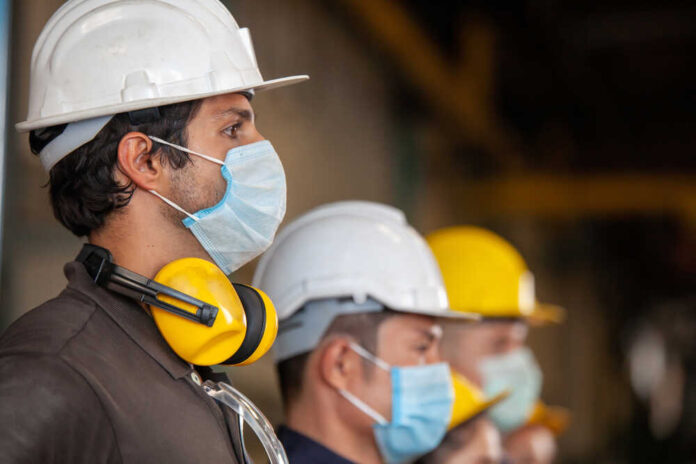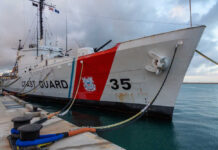The catastrophic wildfires in Maui are unleashing harmful toxins into the atmosphere and water supplies, leading to potentially significant and persistent health problems. This situation may require the majority of residents to resume wearing masks, warn health authorities.
The remains of thousands of incinerated structures could include dangerous substances like lead and asbestos. Furthermore, the blazes may have agitated arsenic previously used in herbicides, Hawaiian health officials have disclosed.
Lahaina, a community greatly affected by the disaster, faces particular danger as many of its older buildings were constructed before banning asbestos in the 1970s, according to NBC News.
The blazes might have also stirred up arsenic left in the soil from herbicides used earlier in the 20th century. The ashes that continue to fall on a significant portion of the island after the destruction of at least 2,200 buildings and the deaths of 99 people contain this toxin, tightly bound to the dust.
The Hawaii Department of Health has urged locals to wear N95 masks similar to those worn during the pandemic. They warned that cloth masks offer only partial protection against the ash, and more than 5,000 respirator masks have already been supplied to Maui’s inhabitants and those in emergency shelters.
This extreme heat increases the risk in Lahaina and nearby regions of releasing volatile organic compounds, groups of chemicals associated with increased chances of cancer, congenital disabilities, and cognitive issues when materials like metal, rubber, or plastic burn.
Once inhaled, these particles can infiltrate the lungs and potentially the bloodstream.
The County of Maui Department of Water Safety issued warnings of unsafe water for parts of Upper Kula and Lahaina due to possible contamination by benzene and other volatile chemicals. Residents are alerted against consuming or boiling the water and taking other precautions.
Daily bottled water distributions are managed by property manager Claudia Garcia in Upper Kula, responding to people’s palpable fear and loss of confidence, alluding to the anger from those who claim adequate warning of the fire didn’t happen.
The risk of chemical exposure will persist until all debris is cleared—the need for timely cleanup not just of air but soil and water to prevent further contamination.
An environmental engineering professor at Purdue University, Andrew Whelton, believes Hawaii should invoke tighter restrictions until water quality can be assessed. He warned NBC about the risks of even lukewarm showers, as the temperature increase can release more chemicals into the air.


















